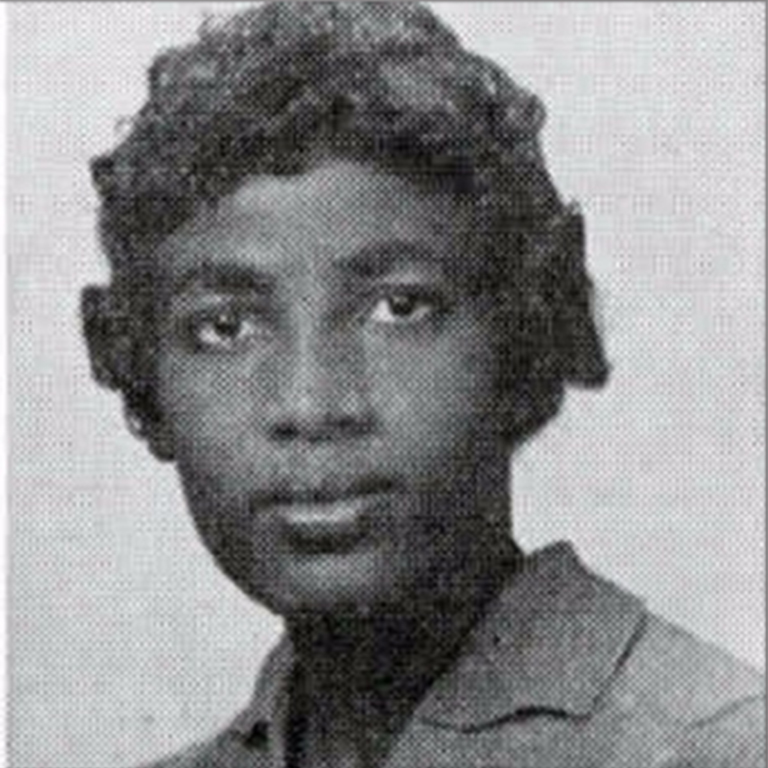Indiana Daily Student
By Bailey Cline
Gloria Randle Scott, class of 1959, said she still remembered her experience with a prejudiced teacher at IU.
She enrolled in a graduate course for botany, and, during her first day in class, the professor asked if she was in the right place. He spoke as though her place were in the School of Education.
“I knew he was talking about that because I was black, and a lot of the black students who were here were in education,” Scott said. “In fact there were very few black students in the sciences at all at this University at that time.”
She told him she was exactly where she should be.
Scott was the first African-American woman to earn a degree in zoology at IU. Her story is one of hundreds of alumni stories captured by the Bicentennial Oral History project.
“The goal is to document IU history through the eyes of alumni, faculty and staff,” co-director Kristin Leaman said.
IU President Michael McRobbie brought together a group of historians, archivists and librarians at IU in 2007 to discuss plans to document history for the bicentennial.
Since the project’s beginning in 2008, more than 400 oral histories have been recorded.
“This project is helping us fill important gaps in the history of the University and tells a story from the ground-up,” Leaman said.
Stories are collected through interviews between the alumni and one of the Oral History Project team members. These conversations can be in-person or over the phone. The team also participates in events with a large number of alumni, staff, faculty or retirees as a way to find more stories.
Harry Sax, class of 1961, talked about his involvement in the Little 500 in his oral history. While his team wasn’t one of the top finishers, he rode in the race every year for four years. Sax recalled his time in the event as one of his biggest remembrances from his time at IU.
“The experiences from the time I was in the Little 500 — those four years were actually used as the material for the movie ‘Breaking Away,’” Sax said.
Stories range from simple recollections to large-scale national events and protests. Some of these events include student or staff experiences with civil rights, the Kent State shootings and Sept. 11 Leaman said.
In her interview, Scott discussed challenges, such as getting lower grades than she deserved and being excluded from class seminars, she faced with her professor.
“I left the class. I didn’t say anything to him,” Scott said. “I figured it was because I was black and he didn’t want anything to do with me in the first place.”
Scott also talked about two professors who worked hard to end discriminatory measures toward African-Americans.
These histories, Leaman said, often cover both negative and positive experiences in IU history.
“Often the negative experiences, just as the positive, illustrate how individuals helped to create stronger and better paths for those who would come after them,” Leaman said.
The team is working on uploading the audio files to the internet through software called the Oral History Metadata Synchronizer. This would allow the public to search the oral histories by campus, date and subject, among other criteria, Leaman said. It will allow the team to index and upload the audio files with more ease.
This is also a legacy project, which means it will continue after the bicentennial. Anyone interested in volunteering should visit the IU bicentennial website, Leaman said.
In this year’s State of the University address, McRobbie advised the world to get involved with this project in the name of the history of the University.
“I ask you and your colleagues and alumni around the world to volunteer as an interviewee or an interviewer to gather this crucial evidence of our collective past and present,” McRobbie said.


